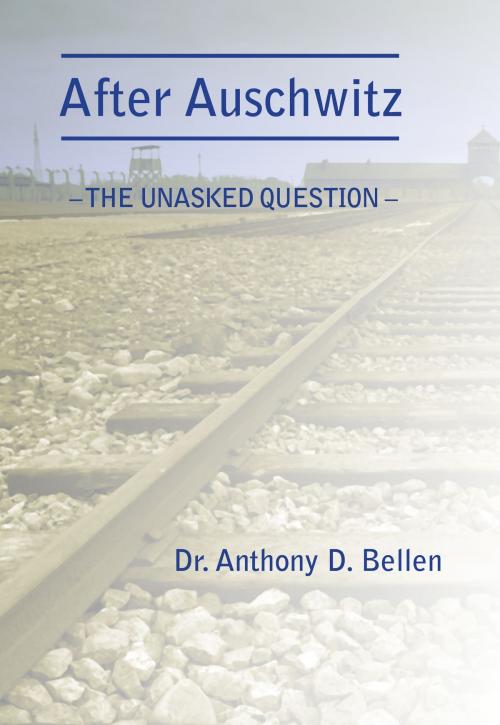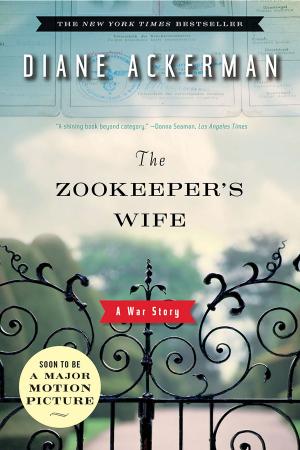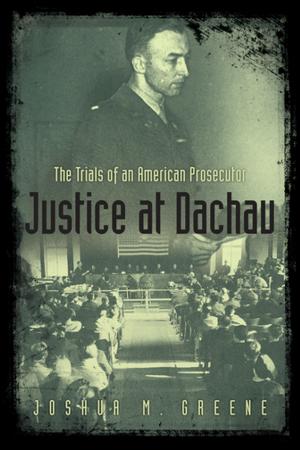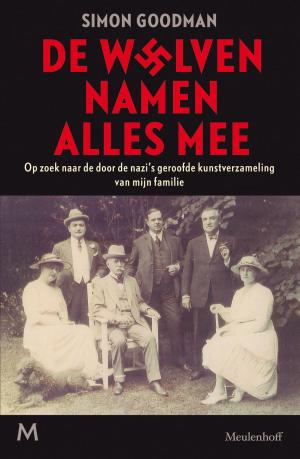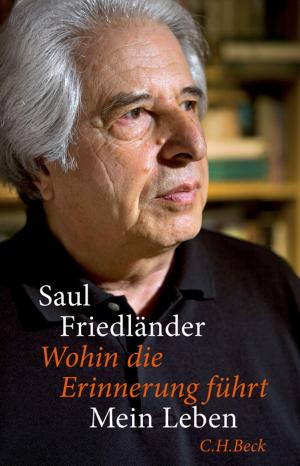After Auschwitz: The Unasked Question
Nonfiction, Health & Well Being, Psychology, Research, History, Jewish, Holocaust| Author: | Anthony Bellen | ISBN: | 9781370830893 |
| Publisher: | Chaim Mazo | Publication: | August 30, 2016 |
| Imprint: | Smashwords Edition | Language: | English |
| Author: | Anthony Bellen |
| ISBN: | 9781370830893 |
| Publisher: | Chaim Mazo |
| Publication: | August 30, 2016 |
| Imprint: | Smashwords Edition |
| Language: | English |
In “After Auschwitz”, Dr. Anthony D. Bellen dares to ask the “unasked question,” and explore the possibility of perceived positive experiences within the horrific trauma of the Holocaust. In a setting of rapport and trust, the survivors, whose stories are portrayed in this book, were able to reflect on the meaning of those positive events as they perceived them at the time, and as they recall them now. They relate how liberating it was for them to be asked what was never asked of them before, and to be given the opportunity to remember and narrate positive experiences, as well as the traumatic events that occurred in the indescribable daily horror of the camps. The fact that these people were able to experience positive events at that time and in that place, and to narrate them more than 50 years later, is a testament to the human spirit. “Researchers studying trauma, resilience and related topics will find that this book raises questions related to the current theoretical knowledge base, and provides food for thought for further study, as well as providing a useful example of rich qualitative research.” Comment by Dr. David Senesh, Clinical Psychologist, Post-Trauma Stress Disorder, Moral Resilience, and Restorative Processes Specialist.
In “After Auschwitz”, Dr. Anthony D. Bellen dares to ask the “unasked question,” and explore the possibility of perceived positive experiences within the horrific trauma of the Holocaust. In a setting of rapport and trust, the survivors, whose stories are portrayed in this book, were able to reflect on the meaning of those positive events as they perceived them at the time, and as they recall them now. They relate how liberating it was for them to be asked what was never asked of them before, and to be given the opportunity to remember and narrate positive experiences, as well as the traumatic events that occurred in the indescribable daily horror of the camps. The fact that these people were able to experience positive events at that time and in that place, and to narrate them more than 50 years later, is a testament to the human spirit. “Researchers studying trauma, resilience and related topics will find that this book raises questions related to the current theoretical knowledge base, and provides food for thought for further study, as well as providing a useful example of rich qualitative research.” Comment by Dr. David Senesh, Clinical Psychologist, Post-Trauma Stress Disorder, Moral Resilience, and Restorative Processes Specialist.
